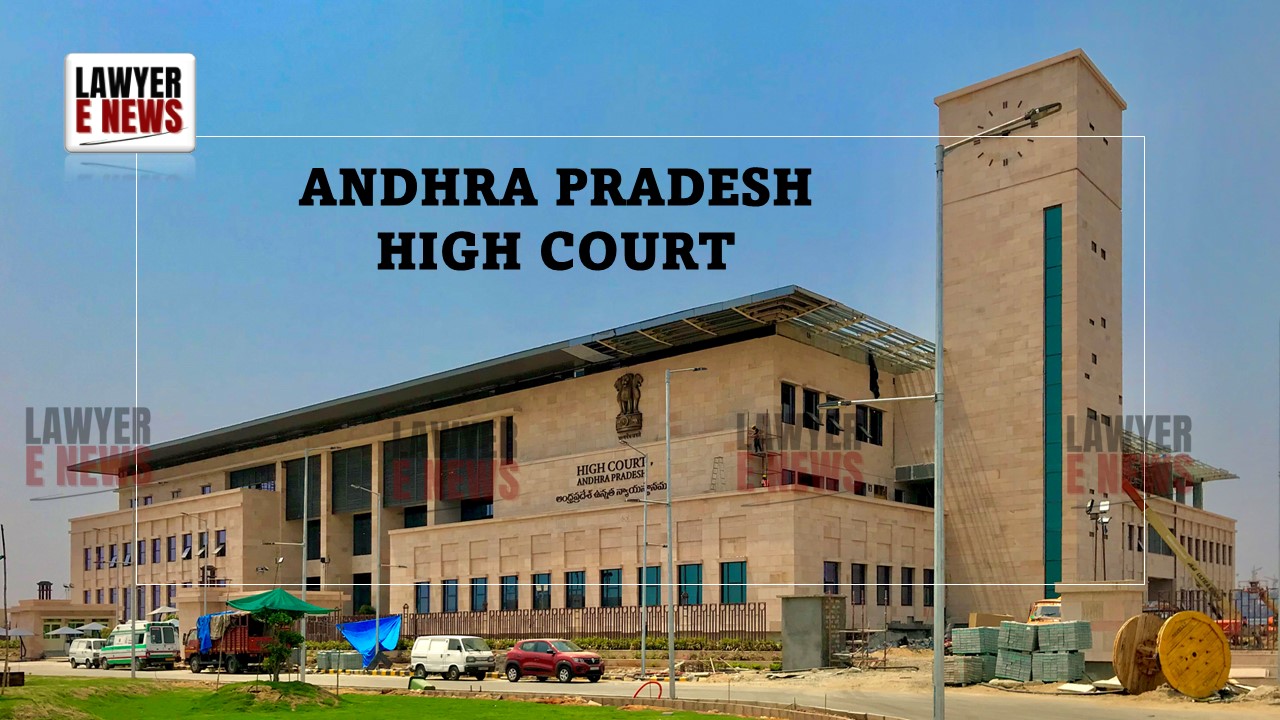-
by sayum
14 February 2026 2:22 PM



Andhra Pradesh High Court, presided by Justice B.V.L.N. Chakravarthi, delivered a significant judgment in Criminal Petition No. 4678 of 2024. The petition sought to quash an order by the V Additional Metropolitan Sessions Judge, Vijayawada, which allowed the recalling of a witness (P.W-3) to mark photographs and documents related to the interim custody of a vehicle under Section 311 of the Criminal Procedure Code (Cr.P.C.).
Photographs Can Be Marked as Evidence Despite Objections on Certification
The main issue revolved around marking photographs of a motorbike, AP 16 BU 1222, used in the alleged crime. The petitioners objected to these photographs being used as evidence, arguing they were not properly certified under Section 65-B of the Indian Evidence Act. The court observed:
"The objections regarding the certification under Section 65-B can be raised at the time of marking the photographs as evidence, and such objections will be considered later."
The High Court upheld the Sessions Judge's decision to recall P.W-3 for further examination, ruling that there was no error in the decision to allow the evidence to be introduced.
The prosecution filed Crl.M.P. No. 356/2024 seeking to recall P.W-3 to introduce photographs and a panchanama (inventory document) related to the release of the motorbike into the interim custody of P.W-3. The petitioners contended that proper procedure, such as conducting a panchanama or taking photographs in the presence of authorized personnel, had not been followed, rendering the evidence inadmissible.
However, the prosecution argued that the evidence was only found later, and the photographs and panchanama should be marked as part of the trial. The Sessions Court agreed, leading the petitioners to seek relief in the High Court.
Citing the Supreme Court's ruling in Sunderbhai Ambalal Desai vs. State of Gujarat, which allows the use of photographs and other documentation as evidence to avoid deterioration of physical property, the High Court dismissed the petition. It emphasized that photographs taken for interim custody purposes could be used during the trial as valid evidence, and the petitioners' objections were unfounded.
The petitioners were allowed to raise any admissibility challenges when the prosecution seeks to formally introduce the photographs as evidence. Until then, the court found no reason to interfere with the lower court's decision.
The Criminal Petition No. 4678 of 2024 was dismissed, and the lower court's order to recall the witness and mark the photographs and panchanama as evidence was upheld. The High Court clarified that issues regarding the certification of evidence can be raised and dealt with at the appropriate time during trial.
Date of Decision: October 16, 2024
Vallabhaneni Nagaraja Kumar Chowdary vs. The State of Andhra Pradesh
